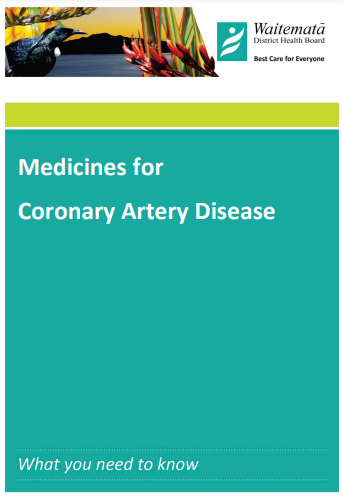Anticoagulants are often referred to as ‘blood thinners’ but they actually work by interrupting the clot-forming process and increasing the time it takes for clots to form. This helps prevent blood clots from forming and stops existing clots from getting bigger.
| Examples | Uses |
|
The following animation describes how anticoagulants such as dabigatran, rivaroxaban and apixaban work in your body:
Source: British Heart Foundation, UK









